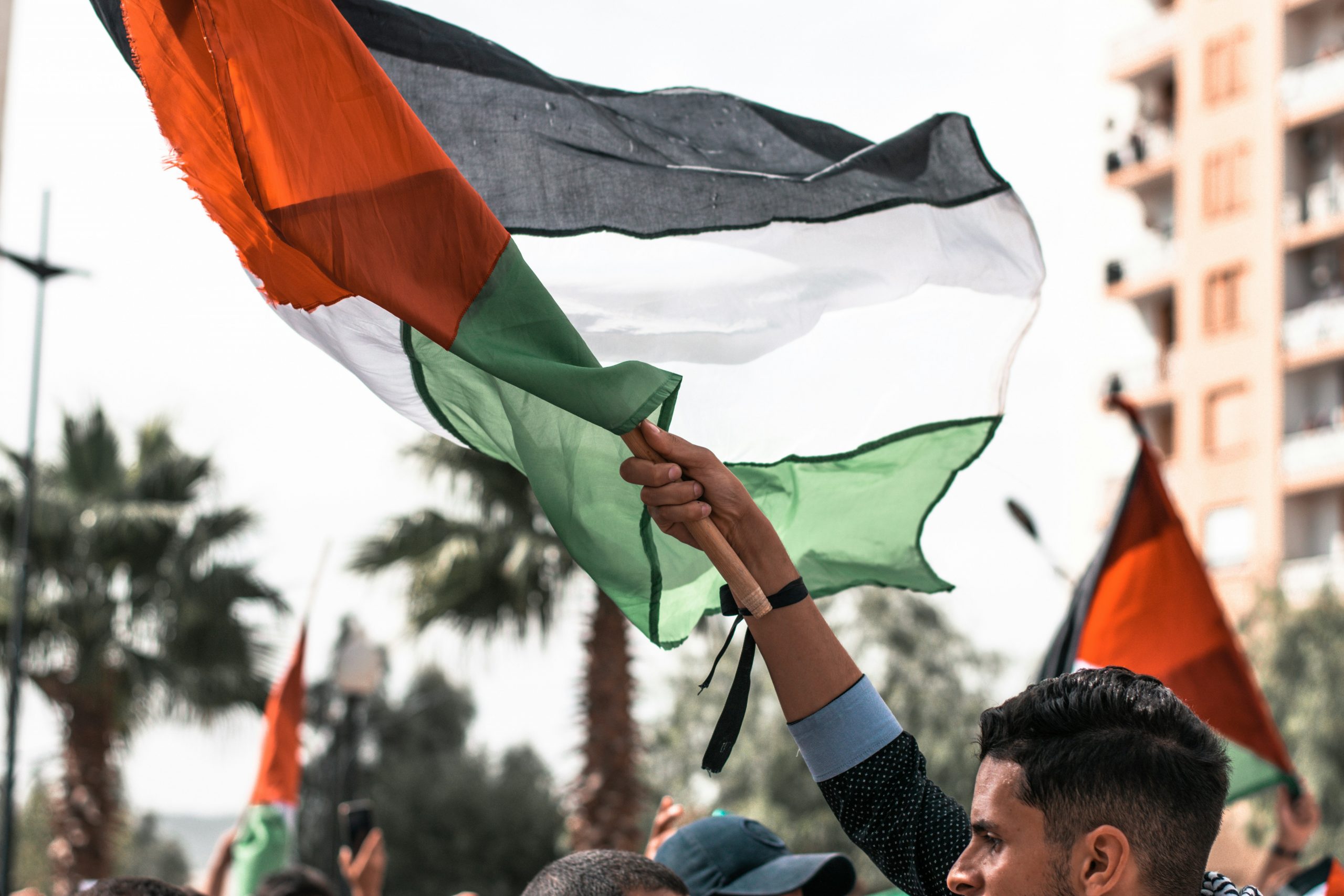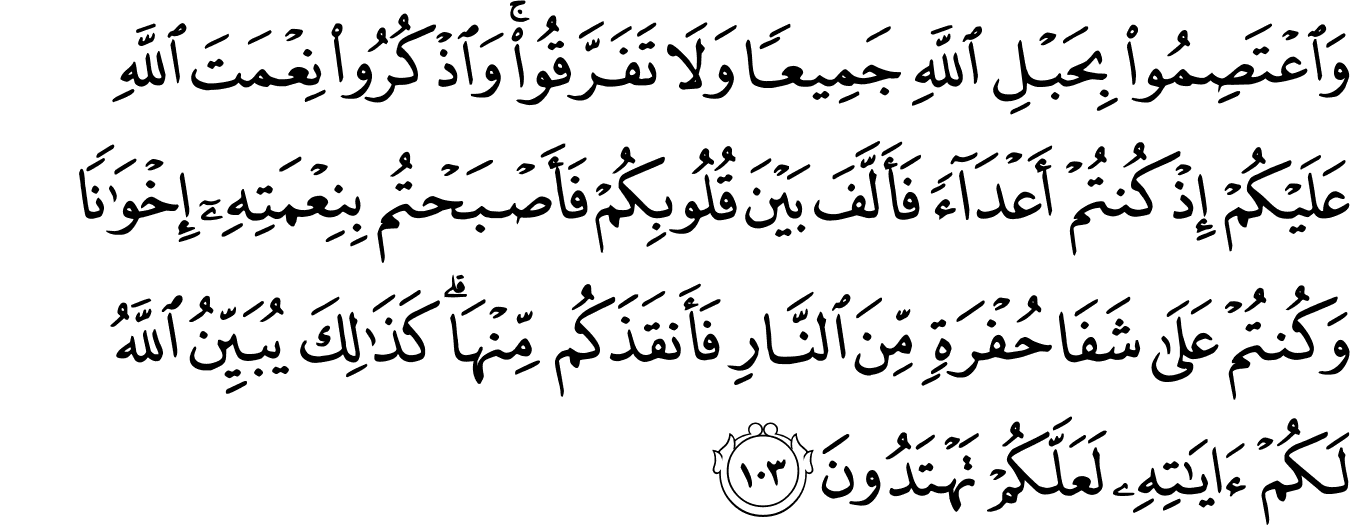
A Year of Being Witnesses to Genocide: Psycho-Spiritual Perspectives To Help Grapple With Dissonance And Overcome Complacency
As we slowly approach a year of being witnesses to genocide, most of us can’t help but reflect on all that has transpired over the past twelve months. One year of genocide feels long-lived, considering the realizations, disappointments, tears, and fleeting moments of growth we’ve experienced– individually and collectively, day in and out, in person and online. Contradictorily, when we measure time by the depth of falling in and out of our feelings of grief, anger, and angst, it doesn’t feel like much time at all.
One of the greatest challenges of witnessing genocide from a distance is grappling with the profound dichotomies of the world, especially when many of us feel so far removed from reality. How is it that, while bombs are indiscriminately falling on homes in Gaza, I can lay here in my warm bed, secure in that my children are safe and sound in their rooms? How is it that my social media feed is filled with picture-perfect school lunches featuring dinosaur-cut sandwiches and crinkle-cut fruits while Muslims around the world are starving? How is it that I drive to work in the morning with the biggest worry being traffic and not some random bomb going off, leaving me armless for the rest of my life?
These stark contrasts between mainstream luxuries and devastation are overwhelming for our human brains. It’s difficult to digest such dissonance without experiencing deep cognitive unrest and immense guilt—why am I here while they are there? How can I help when it feels like all avenues of helping are limited? At what point is my help enough? Is it ever enough when it comes to witnessing genocide behind a glass screen?
Keep supporting MuslimMatters for the sake of Allah
Alhamdulillah, we’re at over 850 supporters. Help us get to 900 supporters this month. All it takes is a small gift from a reader like you to keep us going, for just $2 / month.
The Prophet (SAW) has taught us the best of deeds are those that done consistently, even if they are small.
Click here to support MuslimMatters with a monthly donation of $2 per month. Set it and collect blessings from Allah (swt) for the khayr you’re supporting without thinking about it.
The contradictions extend beyond just living situations; they have also become quite evident in how the world has reacted to injustice. On the one hand, surprising alliances and political accomplishments have been made. Gen Z, often teased for being the least disciplined generation, has turned out to be the forerunners of unapologetically demanding social justice, showing us that we, their predecessors, were more complacent than we ever knew. However, the blind unconditional support for genocide by politicians and the deafening silence from “friends” and coworkers has often created intolerable noise drowning out our small successes. The live-streamed killings in Gaza, magnified by horrors in Sudan and Congo, make everyday reality feel like some kind of dissociative nightmare.
As a trauma therapist, I will tell you that when trauma first occurs, it’s very evident because most people have a fight, flight, or freeze response, which we definitely saw in our communities last fall. But do you know what happens when the trauma persists over time? It becomes a new normal. The body adapts, but the trauma remains with no place to go. The urgency of trying to feel better subsides, and people adapt — or they think they are adapting. People become complacent, believing that the trauma is dormant, but it’s not; the horrific things we’ve witnessed have created pathogenic memories, and those memories turn into pathogenic networks, continuing to be strengthened insidiously by the nonstop injustices we see around us. While it may feel inappropriate to discuss our own mental health in light of what others around the globe are experiencing, many of us have developed untreated trauma. For some who already had complex or intergenerational trauma, the genocide has only magnified it.
As we reflect on the past year, we are reminded how momentum can wane, especially as fatigue sets in and focus becomes scattered. The key to sustaining our efforts is recognizing that there are no quick fixes for this or any long-term problem. While most people acknowledge this truth, the challenge lies in mobilizing collectively to act on it. To effectively reignite the enthusiasm we once had, we must fully embrace certain psycho-spiritual perspectives that will guide our renewed efforts moving forward inshaAllah:
Cultivating Strong Relationships for the Sake of Allah 
Research shows that social support is strongly correlated with resilience in the face of adversity1, and what is stronger than a relationship done for Allah’s  sake- uplifting fellow brothers and sisters, and enjoining others to do good? In the early days of the genocide, there were many opportunities to connect and support one another through healing circles, protests, and educational lectures. We must continue to create these spaces, addressing mental health concerns in a constructive manner through teaching effective coping skills, and avoiding echo chambers of despair.
sake- uplifting fellow brothers and sisters, and enjoining others to do good? In the early days of the genocide, there were many opportunities to connect and support one another through healing circles, protests, and educational lectures. We must continue to create these spaces, addressing mental health concerns in a constructive manner through teaching effective coping skills, and avoiding echo chambers of despair.
Shifting the Scarcity Mindset
The belief that there’s limited room at the top, especially for Muslims or other minorities, perpetuates a narrative of colonization and inequity. We must reject this mindset. Instead, we should strive for greater representation in positions of power beyond our mosques and Islamic schools, in our unique areas of expertise, whether it be medicine, government, business, or any other industry. When we do achieve these positions, we should shamelessly uplift like-minded individuals rather than take pride in being the only person of color, Muslim, or female in the room.
Recognizing Our Individual Roles

Keeping up the momentum [PC: Houssem Bouaza (unsplash)]
Many have asked over the past months, “What can I do when it feels like nothing is in my hands?” As suggested above, Allah  has created each of us with unique strengths, attributes, and opportunities. It’s important to identify our individual strengths and turn them into collective assets to help alleviate the suffering of those in Gaza and other parts of the world. Additionally, we should focus on our individual circles of influence, whatever those might look like for each of us, rather than everyone aiming to reach the elusive masses. And lastly, we must not overlook the power of dua’, as our individual and collective prayers can and will help change history inshaAllah.
has created each of us with unique strengths, attributes, and opportunities. It’s important to identify our individual strengths and turn them into collective assets to help alleviate the suffering of those in Gaza and other parts of the world. Additionally, we should focus on our individual circles of influence, whatever those might look like for each of us, rather than everyone aiming to reach the elusive masses. And lastly, we must not overlook the power of dua’, as our individual and collective prayers can and will help change history inshaAllah.
Emphasizing Consistency
We must remember that the attempted eradication of the Palestinian people is a decades-long effort, not just in confiscating land but also in the psychological influence that has permeated our school systems and legislative boards. It has involved the careful crafting of policies, laws, and PR strategies, ensuring the right leadership is in place so that any dissent can be shut down quickly, if not criminalized. Remember the fable of the tortoise and the hare? We can’t be the hare anymore—overconfident and unfocused, thinking that posting every day on social media2 will undo 60 years of strategic planning. Consistency in our efforts through advocacy, uplifting each other, educating, lobbying, and protesting proactively instead of reactively is what will yield lasting results.
Abu Hurairah narrated that the Messenger of Allah (ﷺ) said: “Take on only as much as you can do of good deeds, for the best of deeds is that which is done consistently, even if it is little.” [Sunan ibn Majah 4240]
Building Unity Beyond Our Differences
Last fall, our Ummah experienced a brief moment of unity in response to the shock of what happened, which was incredibly beautiful, and lasted well past our Eid celebrations over the summer. Yet, it was striking how quickly that momentum faded, especially as we recently approached the Prophet’s ﷺ birthday. We often revert to our usual behaviors, falling back into the same internal disputes that hinder our progress on a macro scale. If we are to effect meaningful change, we must move beyond these distractions and work together intentionally. We must harness our collective strength and sustain our commitment so we can focus on long-term solutions that will benefit us all, inshaAllah.
“And hold firmly together to the rope of Allah and do not be divided. Remember Allah’s favor upon you when you were enemies, then He united your hearts, so you—by His grace—became brothers. And you were at the brink of a fiery pit, and He saved you from it. This is how Allah makes His revelations clear to you, so that you may be rightly guided.” [Surah ‘Ali-Imran, 3:103]
Staying True to Our Values and Intentions
As uncomfortable as this is to say, at the height of all the activism, many things became trendy, like the watermelon gear and, understandably, the keffiyeh. New leaders emerged, social media accounts grew and some businesses made quite a profit. This is not necessarily a bad thing, but we should continuously renew our intentions to ensure that, first and foremost, our efforts are for the sake of Allah  and, second, because we have a responsibility to help our brothers and sisters in need. The more sincere we are in our efforts, inshaAllah, the more barakah we will have in reaching our goals.
and, second, because we have a responsibility to help our brothers and sisters in need. The more sincere we are in our efforts, inshaAllah, the more barakah we will have in reaching our goals.
Narrated ‘Umar bin Al-Khattab: I heard Allah’s Messenger (ﷺ) saying, “The reward of deeds depends upon the intentions, and every person will get the reward according to what he has intended…” [Sahih Al-Bukhari]
As we reflect on the one-year mark, we must intensify our commitment to uphold justice and support those in Gaza. What we do now will set the landscape for five, ten, and fifty years from now in Palestine and all over the world. Although we continue to face an uphill battle, the discourse has undoubtedly shifted, and people are awakening in ways they never have before. We have made some progress and we cannot afford to let the energy fizzle out. This will be a long-term endeavor and one that requires unity, strategic thinking, and relentless perseverance.
May Allah  grant us the strength and unity to uphold justice and support those in need.
grant us the strength and unity to uphold justice and support those in need.
Related:
– 5 Steps To Grow From Passive To Active Bystanders During The Genocide Of Gaza



